detail profile nelson diniz
Peran Yang Di Mainkan Nelson Diniz
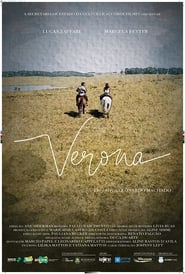 Two families on neighboring farms on...
Two families on neighboring farms on...Verona 2021
Two families on neighboring farms on the border between Brazil and Uruguay. Decades drive these people away. The physical proximity is separated by a fence and the set of prejudices, inexplicable hatred and lack of generosity. In the end of the year, between Christmas and New Year, the families gather on their respective farms. What nobody knows is that a love between two young people is about to break this barrier that is much bigger than the fence that divides the fields. The passion between Rodrigo and Juliana could be the point of recovery for a relationship marked by so many years of hatred, but, like Shakespeare's original story, the human being is much more complex and inexplicable. Whether in Verona, Italy, or on a border farm. Tragedy lives inside people and is sometimes impossible to control.
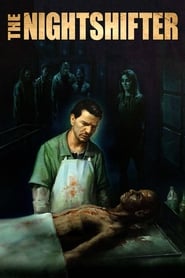 Stnio the nightshifter of a morgue...
Stnio the nightshifter of a morgue...The Nightshifter 2019
Stênio, the nightshifter of a morgue, has the ability to communicate with the cadavers that are brought to him every night.
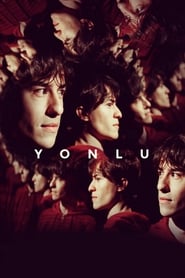 A fiction film based on the...
A fiction film based on the...Yonlu 2018
A fiction film based on the real story of a 16 year-old boy who, aided by the internet, won over the world with his talent for music and art. Fluent in five languages, Yonlu had a network of virtual friends on all continents. However, no one suspected he was also taking part in a forum for potential suicide.
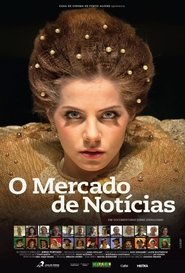 Written in 1625 by the British playwright...
Written in 1625 by the British playwright...The Staple of News 2014
Written in 1625 by the British playwright Ben Jonson, the play “The Staple of News” provides a historic root for this discussion about the role of the press in modern day Brazil. Journalists of several generations discuss the dilemmas of the selection and focus of their subjects, the resistance of the media in accepting itself as a political agent, the inevitability of interpretation as there are no hard facts in nature, and above all the search for an always complex balance between credibility and the public’s growing demand for news.
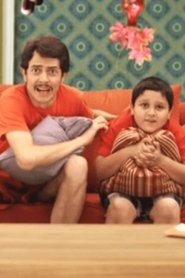 lvaro 12 years old is the only...
lvaro 12 years old is the only...Meu Pai 2014
Álvaro, 12 years old, is the only child of separated parents. He is in a phase of many doubts and concerns. He wants to grow up soon, but did his father take too long to grow up? What did the father do with the girls? It's difficult to ask, Alvaro's father has a strange way of saying things.
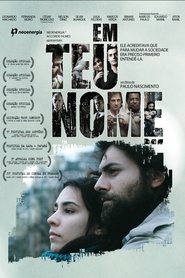 Early 1970s Latin America was under...
Early 1970s Latin America was under...In Your Name 2010
Early 1970s. Latin America was under a military dictatorship. Some political groups opted for armed struggle to confront the regime. Boni, an engineering student of humble background adheres to the armed struggle, but carries doubts and fears as to whether this would really be the best way, as he fears for his family, his girlfriend and the future, which seems more uncertain every day. Like so many, he is arrested, tortured and banished from the country. In exile in Chile, together with his partner Cecilia, he comes to understand society in a different way. He begins to work and live with the Chilean people, realizing that to change reality it is first necessary to understand it.
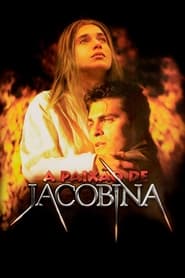 In the mid1870s Jacobina daughter...
In the mid1870s Jacobina daughter...A Paixão de Jacobina 2002
In the mid-1870s, Jacobina, daughter of German immigrants, became leader of a sect that believed in healing the body by cleansing the soul. After having a divine vision and speaking to Jesus, she changes her appearance and manners, disturbing the conservative population of the place. After the death of opponents of her sect, local authorities decide to take action against her and her followers.
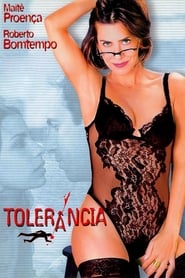 Julius is a photographer working as...
Julius is a photographer working as...Tolerância 2000
Julius is a photographer working as a men's magazine photo retoucher. His wife, Marcia, is a criminal lawyer who defends Teodoro, a squatter accused of murder. For years they had a quiet wedlock. However, Marcia gets involved with her client, and as revenge, Julius sleeps with Ana Maria, a friend of their daughter Guida. From this episode on, their lives are no longer the same.
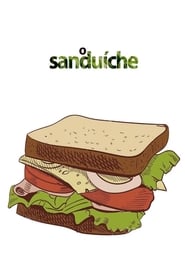 A couples last moments their meetings...
A couples last moments their meetings...The Sandwich 2000
A couple's last moments: their meetings, separations and a sandwich.
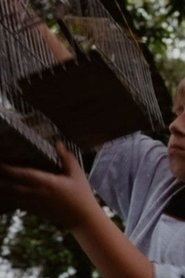 Ricardo is 10 years old lives in...
Ricardo is 10 years old lives in...O Velho do Saco 1999
Ricardo is 10 years old, lives in the interior of Rio Grande do Sul and has nightmares about Velho do Saco, sort of a Brazilian bogeyman, “who takes out the eyes of misbehaving children”. It is not easy to distinguish truths and lies when the loss of innocence is confused with the loss of sight.
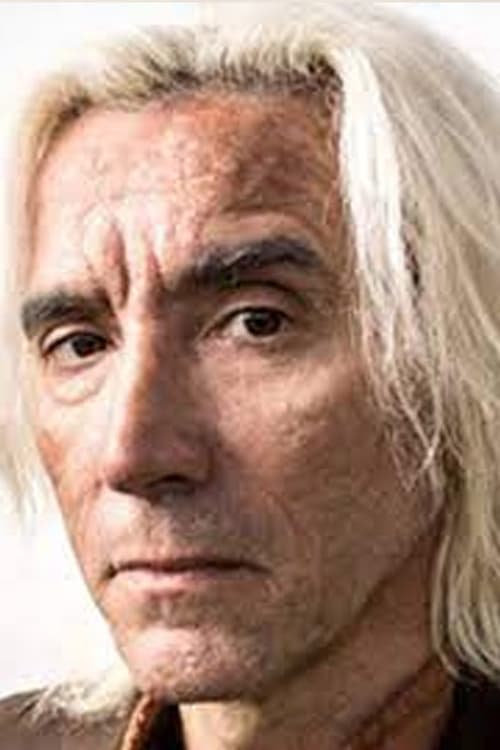
 Kelson is a young worker who...
Kelson is a young worker who...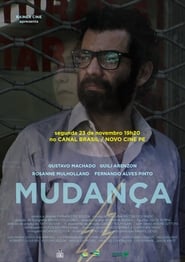
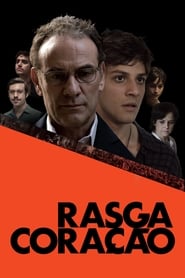 40 years after fighting for what he...
40 years after fighting for what he...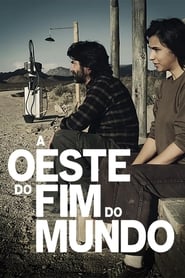
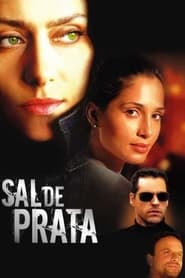 After her boyfriends death a successful...
After her boyfriends death a successful...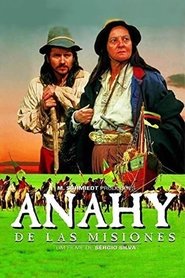 Told by gauchos from Brazil Argentina...
Told by gauchos from Brazil Argentina...